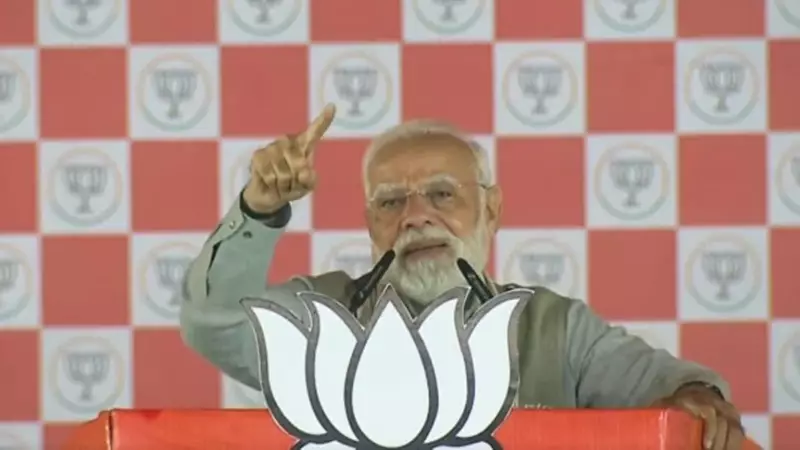
In a blistering address that has set the political arena ablaze, Prime Minister Narendra Modi launched a direct offensive against opposition leaders Rahul Gandhi and Tejashwi Yadav, branding them as 'princes of corrupt political dynasties' during a recent election rally.
The Royalty of Corruption Allegation
Prime Minister Modi didn't mince words as he targeted what he described as political royalty benefiting from corruption. "The country is watching how a prince and his entire family have made corruption their heritage," Modi declared, in a clear reference to Congress leader Rahul Gandhi.
The Prime Minister's verbal assault didn't stop there. He turned his attention to RJD leader Tejashwi Yadav, suggesting that "another prince" from a different political family was following the same pattern of alleged corruption.
Election Season Intensity Rises
The sharp remarks come at a crucial juncture in the Lok Sabha elections, with political temperatures soaring across the nation. Modi's speech represents a significant escalation in the ruling BJP's campaign strategy, directly confronting opposition leaders over longstanding corruption allegations.
"The public knows everything about these royal families of corruption," the Prime Minister asserted, suggesting that voters are well aware of the track records of the political dynasties he referenced.
Political Dynasties Under Fire
The speech marks a continuation of the BJP's long-standing criticism of political dynasties, particularly targeting:
- The Gandhi family and their leadership of the Congress party
- The Yadav family and their control of Bihar's RJD
- Alleged corruption patterns across generations
- The concept of political inheritance versus merit
Modi's characterization of opposition leaders as "privileged heirs to corruption empires" represents one of his most direct attacks in the current election cycle, signaling an aggressive approach as polling progresses across various states.
The Prime Minister's remarks have already sparked strong reactions from opposition camps, setting the stage for intensified political confrontations in the remaining phases of the national elections.





